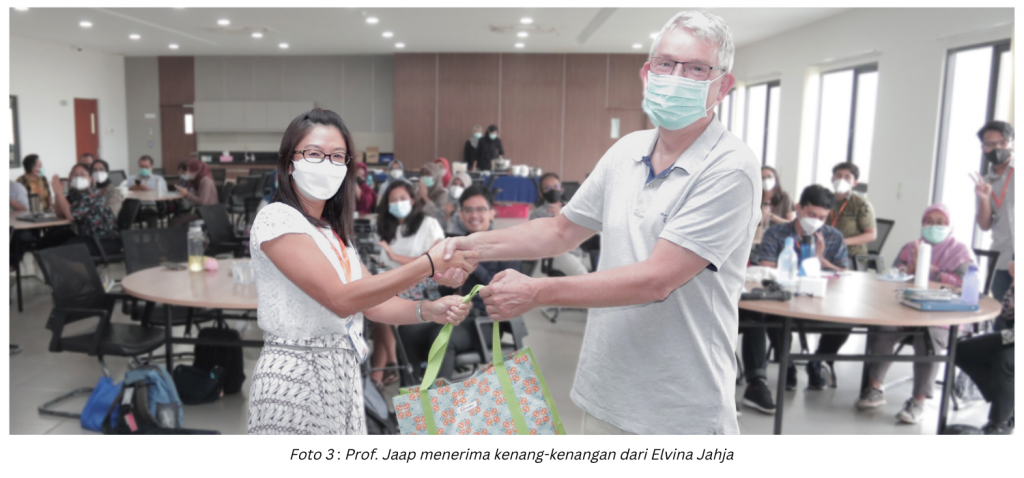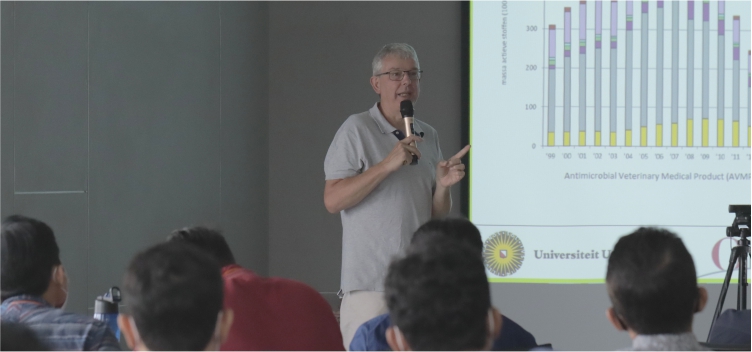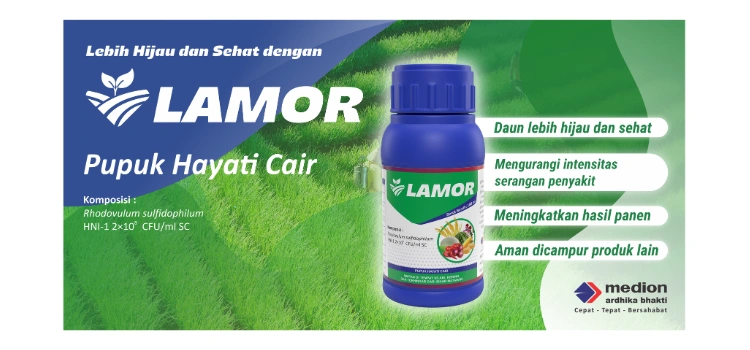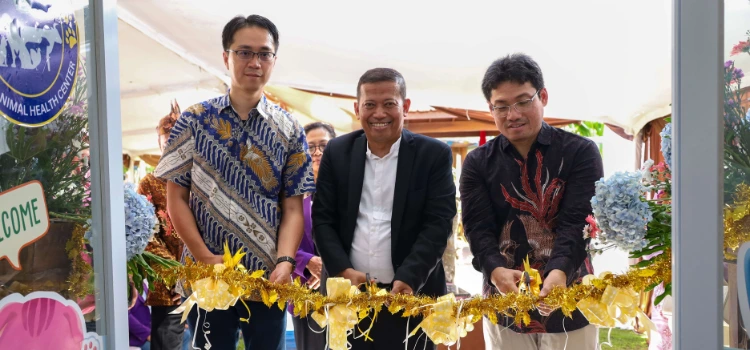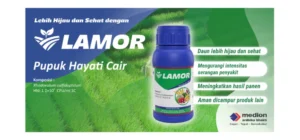Antimicrobial Resistance (AMR) is a multi-sectoral health problem that is increasingly becoming a global concern. The effects of the AMR phenomenon affect not only humans, but also in animals and the environment, threatening aspects of public health and food security. AMR is often declared a silent pandemic because it has a global trend that continues to grow slowly and unconsciously.
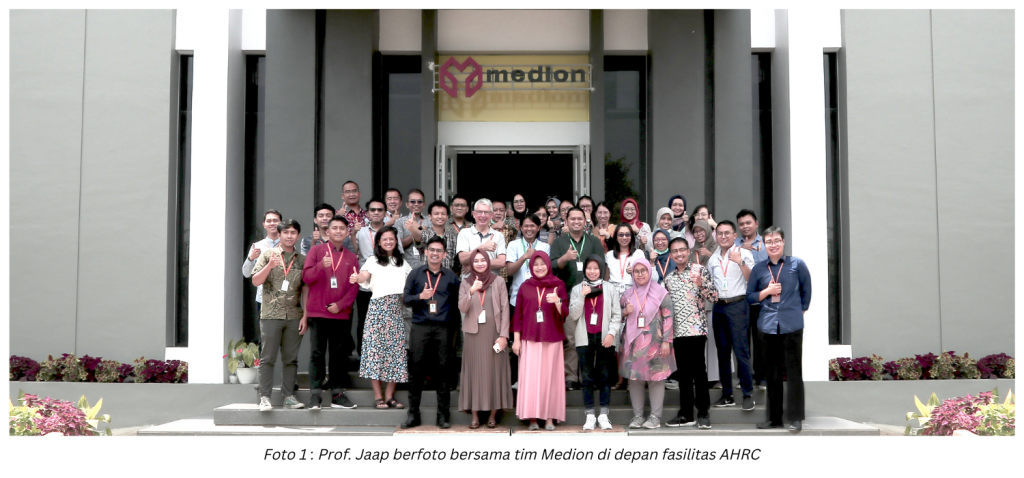
In 2015, the international organizations WHO, FAO, and WOAH (OIE) collaborated under the umbrella of One Health to formulate a Global Action Plan which must be implemented by all member countries to control AMR which is predicted to become a major global health problem with a global death rate of 10 million people per year in the future. The AMR issue was also one of the main topics raised in the 2022 Indonesian G20 Presidency.
In response to the AMR problem, Medion as a veterinary pharmaceutical company is actively conducting studies, surveillance, and developing alternative products to control AMR in the livestock sector. One of the activities that has been carried out is an interactive discussion with Prof. Jaap Wagenaar, DVM, Phd, professor in Clinical Infectionology, Faculty of Veterinary Medicine, Utrecht University (Netherlands) on September 12, 2022 at the Animal Health Research Center (AHRC), Medion, Cimareme - Bandung. In this discussion, Prof. Jaap delivered a presentation entitled Antimicrobials, Antimicrobial Resistance and Antimicrobial Stewardship. He emphasized the importance of using HPCIA class antibiotics (Highest Priority Critically Important Antimicrobial) for human health, the implementation of the pillars of AMR control in the livestock sector, and the efforts made by the Netherlands in suppressing the rate of AMR in the third generation cephalosporin antibiotic Ceftiofur in the livestock sector.
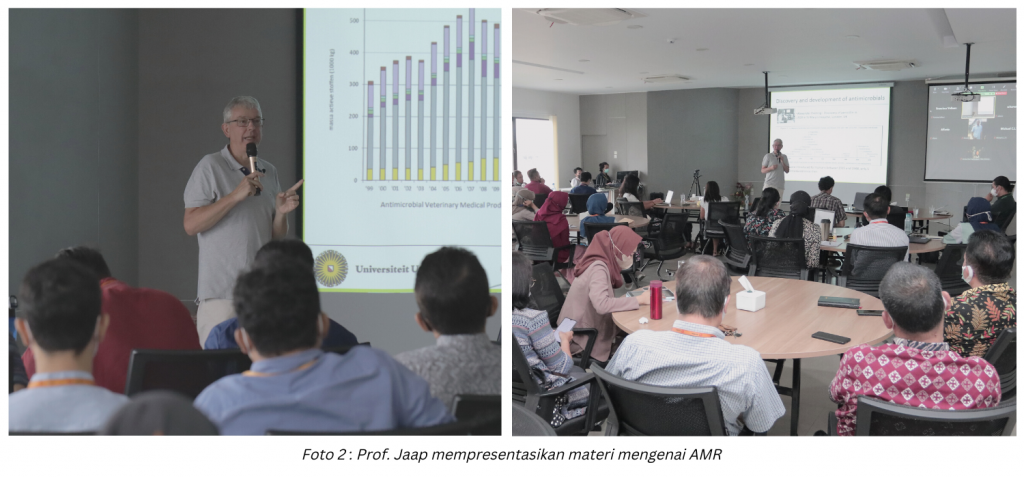
Prof. Jaap also emphasized the importance of laboratory testing in the treatment of bacterial infections in livestock. In the Netherlands, the treatment of bacterial infections using antibiotics must be accompanied by sending samples to the laboratory for identification and antibiotic sensitivity testing through testing. Antimicrobial Susceptibility Testing (AST). The AST test is carried out to determine which antibiotics are still sensitive to the bacterial isolate so that the type of antibiotic that still provides efficacy to livestock can be identified. The AST profile on a farm is a very important evaluation material if there is a recurrent infection on the farm. This is because an antibiotic will not be able to kill bacteria that are resistant to the antibiotic.
This discussion has provided a lot of insight to all participants from Medion in developing the right and wise strategy in controlling AMR in the livestock sector. This is done in order to realize public health and food security in Indonesia.
